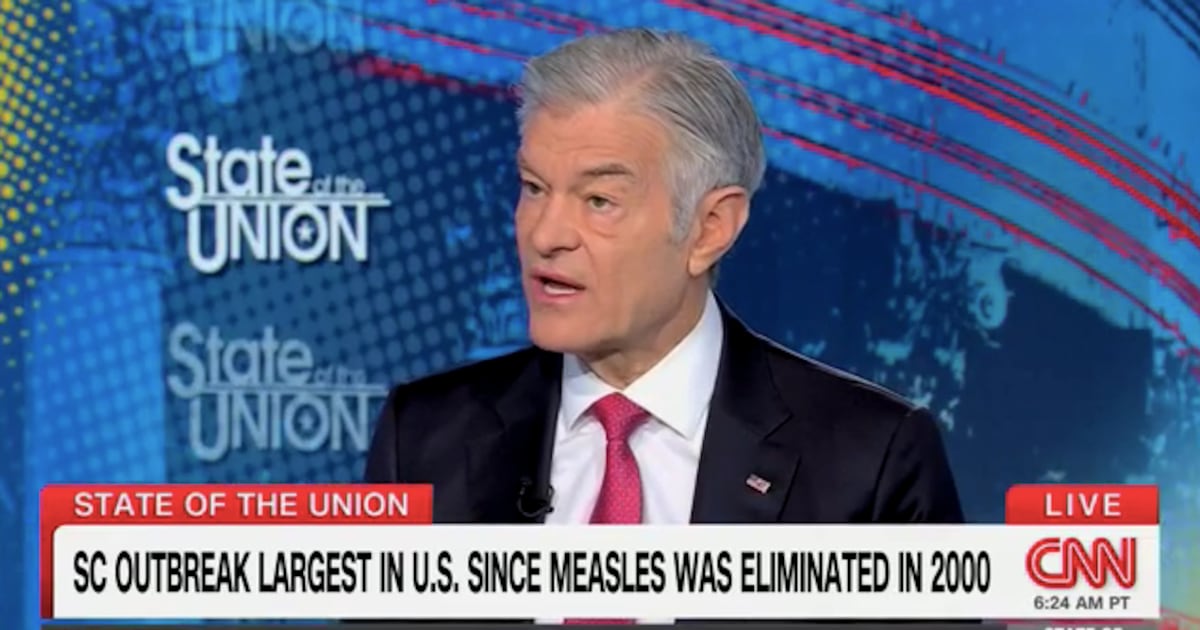As federal immigration authorities put the finishing touches on a plan to initiate a nationwide raid on undocumented immigrants in September 2017, agents and field directors involved in the planning could barely contain their excitement.
When the sweep’s codename was changed from “Operation MEGA” to “Operation EPIC,” one member of the San Bernardino field office joked that the name should be changed again, to “Operation Super Epic Mega sonic just so there’s no confusion.”
“Right???” responded a fellow ICE agent. “It was Trumppped!!”
Another email seeking volunteers and assistance in building target lists signed off by telling agents: “Happy hunting and target building!”
Days before federal immigration enforcement is once again set to begin an unprecedented series of nationwide raids targeting undocumented immigrant families, a trove of documents outlining the last time U.S. Immigration and Customs Enforcement (ICE) planned a massive immigration and deportation operation provides a potential blueprint for the raids.
The documents, obtained by a Freedom of Information Act lawsuit filed by the Detention Watch Network and Mijente and provided to The Daily Beast, detail the tactics, operations, and targets of “Operation MEGA,” a weeklong series of nationwide raids designed to arrest a minimum of 8,400 people in September 2017, as well as the excited, even giddy anticipation of the raids by federal immigration enforcement officials.
“While the documents detail information about raids planned back in 2017, we noted the ‘rinse-and-repeat’ nature of ICE’s operations and what we can expect, as Trump reignites the threat of more raids to come after July 4th,” said Jacinta González, senior campaign organizer with Mijente. “The emphasis on arrest quotas further puts everyone in our community at risk.”
The documents reveal that immigration enforcement generated a “target list” for the raids with the help of personal information collected by private data companies like Palantir, including traffic tickets, license plates and utility bills. The materials also detailed how ICE hoped to increase the number of people ensnared in the operation by arresting so-called “collaterals”—suspected undocumented people who were not on law enforcement’s target list, but who were encountered during raids on those who were.
“The majority of the target locations associated with this operation will result in the arrest of more than one subject,” one document, titled “Operation MEGA Approved Plan,” states.
Immigration enforcement also prepared for the likelihood that the operation’s wide net could result in encountering non-targeted minor children. In that event, agents were instructed to treat the kids with “the utmost care and consideration.”
But not all children were set to be treated equally in the raids: According to internal planning documents, any “juvenile criminal aliens” were set to be transported to “contract detention facilities” for 72 hours—the legal limit for holding children in such facilities, although in practice many kids are held for much longer—before being transferred to the custody of the Department of Health and Human Services.
But, the memo cautioned, “as the availability of HHS beds in secure facilities may be limited, arrests of juveniles may need to be staggered to occur beyond the dates identified for this operation.”
This plan is consistent with other, smaller deportation operations, experts told The Daily Beast.
“In many instances, ICE will go to homes maybe looking for someone else, and if those individuals open the door, even if they don’t have a warrant, once the door is opened, they’ll just walk right in,” said Angelica Salas, executive director of the Coalition for Humane Immigrant Rights of Los Angeles. “If they don’t find those individuals, but find others who are undocumented, it is very likely that those people will be picked up.”
According to post-operation statistics from other, smaller raids, the “collateral” effect during immigration sweeps nearly always leads to non-criminal immigrants making up the majority of people arrested during the raids. During Operation Cross Check VII in Spring 2017, a blueprint for Operation MEGA, only one in three people apprehended by ICE’s Philadelphia Field Office had a criminal background, and more than 60 percent were “collateral” arrests.
Suggestions that the operation be conducted with “utmost care and consideration” did not necessarily extend to maintaining a professional outlook on the raids in planning emails. Across multiple field offices, messages soliciting volunteers to take part in Operation MEGA were frequently jovial in tone, as were the responses.
“I’m guessing you’d prefer to be on the arrest team?” a supervisory deportation and detention officer at the Austin field office asked a volunteer.
“YOU KNOW IT!!!!!!” the agent responded.
Other immigration enforcement agencies have been heavily criticized in recent weeks after agents were caught posting jubilantly about their work, to the point of making light of migrant deaths.
For advocates in the immigration legal space, comments—as well as the high number of non-criminal, non-targeted arrests in past operations—is proof that the raids are more about sowing fear in immigrant communities for political purposes than about “significantly impact[ing] public safety [and] national security,” as internal documents outlining Operation MEGA claimed.
“These documents expose how quota-driven raids feeds the mass deportation and detention machine that treats people like numbers and targets, instead of people,” said Paromita Shah, an immigration attorney with Just Futures Law, which recruited more than 200 organizations and advocates to file FOIA to obtain the documents.
“The ongoing threat of mass raids for mass deportations has made it necessary for us to understand the inner workings of ICE’s mass raid operations,” said Silky Shah, executive director of the Detention Watch Network. “We’ve confirmed in government documents that ICE operations are politically motivated. Immigration raids are meant to terrorize communities and instill fear.”
The raids, described by U.S. Customs and Immigration Enforcement’s National Fugitive Operations Program as “the largest operation of its kind in the history of ICE,” were called off after NBC News reported on the impending operation.
This time, however, advance public knowledge has been the defining feature of the impending immigration raids. After President Donald Trump tweeted in mid-June that ICE would begin the process of “removing the millions of illegal aliens” within a week, the so-called “family op” has faced stiff opposition from Democrats, immigration advocates, and even within Trump’s own administration. Acting Department of Homeland Security Secretary Kevin McAleenan was reportedly uncomfortable with the optics of an operation specifically targeting migrant families, and stood accused by administration allies of slow-walking the operation.
Trump eventually announced that he would grant a two-week delay to the raids, “to see if the Democrats and Republicans can get together and work out a solution to the Asylum and Loophole problems at the Southern Border.” Advocates in the immigration space have used the delay to prepare clients and their families for the possibility of raids, which some likened to natural disaster planning.
“Being able to advise our client, the child, on that potentiality, as well as to work with the family to ensure that there is a plan for the care and custody of the child, is imperative,” said Maria Odom, vice president for legal services at Kids In Need of Defense (KIND), a nonprofit that advocates for children in the immigration system. “The fear and the terror that we are asking in the communities is very real, so a lot of time is being spent reassuring these families that the community stands behind them under very difficult and scary circumstances.”
Congress—which has been out of session due to the Independence Day holiday—has not passed Trump’s proposed asylum reforms, and the president told reporters during a press conference in Osaka this past weekend that “unless we do something pretty miraculous,” the deportation operation is set to begin shortly after the holiday.
Without congressional action, as Trump tweeted June 22, “Deportations start!”






